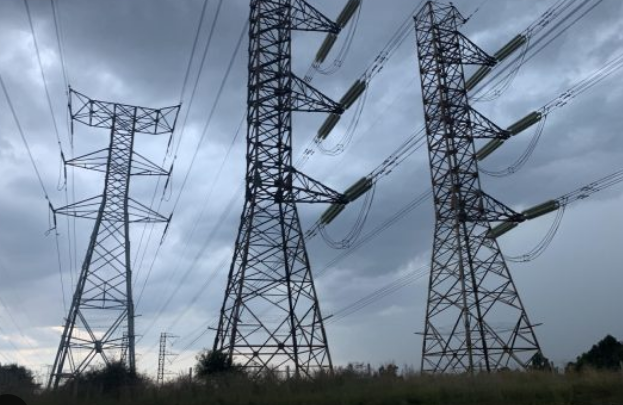South Africa, a country renowned for its plentiful natural resources and vibrant culture, is seeing a significant shift in its energy landscape. This change is fueled by advances in electrical technology and attempts to address the nation’s energy issues while guiding it toward a more sustainable and efficient future.
Historical Background and Difficulties
South Africa has always relied largely on coal to meet its energy demands; the majority of the nation’s electricity is produced by coal-fired power stations. This reliance has resulted in frequent power outages, energy instability, and environmental deterioration. The energy sector urgently needs reform due to load shedding issues, outdated infrastructure, and the need for more sustainable energy sources.
Initiatives for Renewable Energy
South Africa has been advancing the integration of renewable energy sources into its grid in response to these concerns. The number of solar and wind power plants has increased significantly as a result of both public and private sector initiatives. A major force behind this change has been the Renewable Energy Independent Power Producer Procurement Programme (REIPPPP), which has made it possible for many renewable energy projects to be developed all throughout the nation.
Intelligent Grid Technology
Smart grid technology is one significant technological development that is changing South Africa’s energy sector. With smart grids, supply and demand for electricity may be managed more effectively, resulting in less waste and increased dependability. These grids monitor and regulate the flow of electricity using sophisticated sensors, communication networks, and data analytics, guaranteeing a more flexible and resilient energy system.
Because renewable energy sources are intermittent, smart grids also make it easier to integrate them. For example, smart networks can swiftly adapt to periods of low solar or wind activity by obtaining power from alternate sites or energy storage technologies, ensuring a steady supply.

Solutions for Energy Storage
Another essential element in South Africa’s shift to a sustainable energy future is energy storage. Technology like pumped hydro storage and lithium-ion batteries are being used to store extra energy produced during periods of high production. By releasing the stored energy during times of high demand or low production, a consistent and dependable energy supply may be guaranteed.
Dispersed Energy Systems
Distributed generation, another name for decentralized energy systems, is becoming more popular in South Africa. By producing power closer to the point of consumption, these systems boost efficiency and lower transmission losses. Small-scale wind turbines, community-owned renewable energy projects, and solar photovoltaic (PV) panels on buildings are a few examples of decentralized systems that are enabling people and communities to become more self-sufficient in their energy demands.
Policies and Incentives of the Government
The adoption of sophisticated electrical technology has been significantly accelerated by the efforts of the South African government. An climate that is favorable to transformation has been established by policies and incentives that support energy efficiency, renewable energy, and technological innovation. Businesses and consumers are being encouraged to invest in renewable energy solutions by tax breaks, subsidies, and advantageous legislation.
Prospects for the Future
With continuous developments in electrical technology opening the path for a more resilient and sustainable energy system, South Africa’s energy environment appears to be improving. The integration of renewable energy, the deployment of smart grids, energy storage technologies, and decentralized systems will transform the production, distribution, and use of power.
In conclusion, cutting-edge electrical technologies are poised to propel South Africa toward an energy revolution. These developments are creating the groundwork for a more sustainable and environmentally friendly future in addition to solving the nation’s present energy problems. South Africa’s energy system will surely advance in efficiency, dependability, and environmental friendliness as technology develops, which will help the country’s people and economy alike.